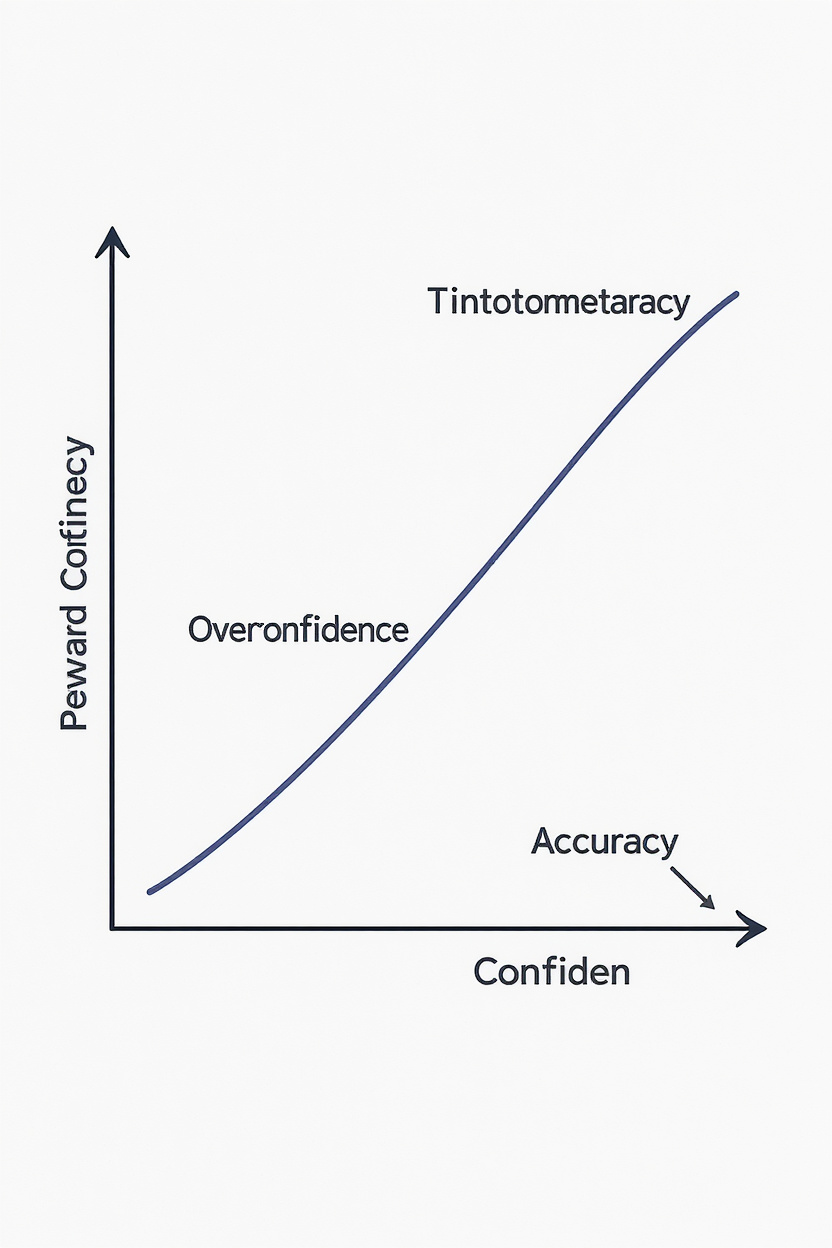Tech Bros Rejoice: New AI Just Made Copy-Pasting From Stack Overflow Even Easier
In a historic breakthrough for nerds everywhere, MIT researchers have unveiled SySTeC, a system that slashes the enormous computational burden of AI models—all while ensuring developers never have to suffer the indignity of thinking too hard.
For years, deep-learning models have been devouring energy like a data-hungry beast, processing massive tensors filled with redundant information. Apparently, simply asking, “Hey, maybe let’s not do the same calculation five million times in a row?” was too much for the tech community to figure out on its own.
“Code optimization has always been a nightmare. I mean, who has time to stare at dense equations when there are 16-hour hackathons and three-hour coffee breaks to attend?” said Radha Patel, lead author of the paper on SySTeC and proud owner of at least seven ironic hoodies.
The system reportedly allows deep-learning developers to exploit two types of data redundancy—sparsity and symmetry—without breaking a sweat. For those unfamiliar with these technical terms, sparsity is when the data set contains a bunch of zeros, and symmetry is when programmers realize they’ve been doubling their workload for no reason.
“If we only compute one-half of a symmetrical tensor, we can save an astronomical amount of processing power,” said MIT researcher Willow Ahrens. “It’s just simple math. Well, simple for us; borderline magic for most people.”
Experts claim that SySTeC will make life easier for scientists who don’t specialize in machine learning but still want to pretend they do during conferences. The system translates complex code into an easier-to-handle version, effectively turning high-level programming into a fun game of ‘connect the logical dots’—assuming, of course, you even care about logic.
Industry insiders expect SySTeC to revolutionize AI development by allowing engineers to spend even less time writing efficient code, freeing them up to work on the truly important stuff—like adding more whiteboards to their offices or tweeting about the “singularity” at 2 a.m.
Despite its incredible efficiency, SySTeC will not, unfortunately, help with the most energy-draining aspect of artificial intelligence: explaining to your parents that “optimizing tensor computation” is a real job.





